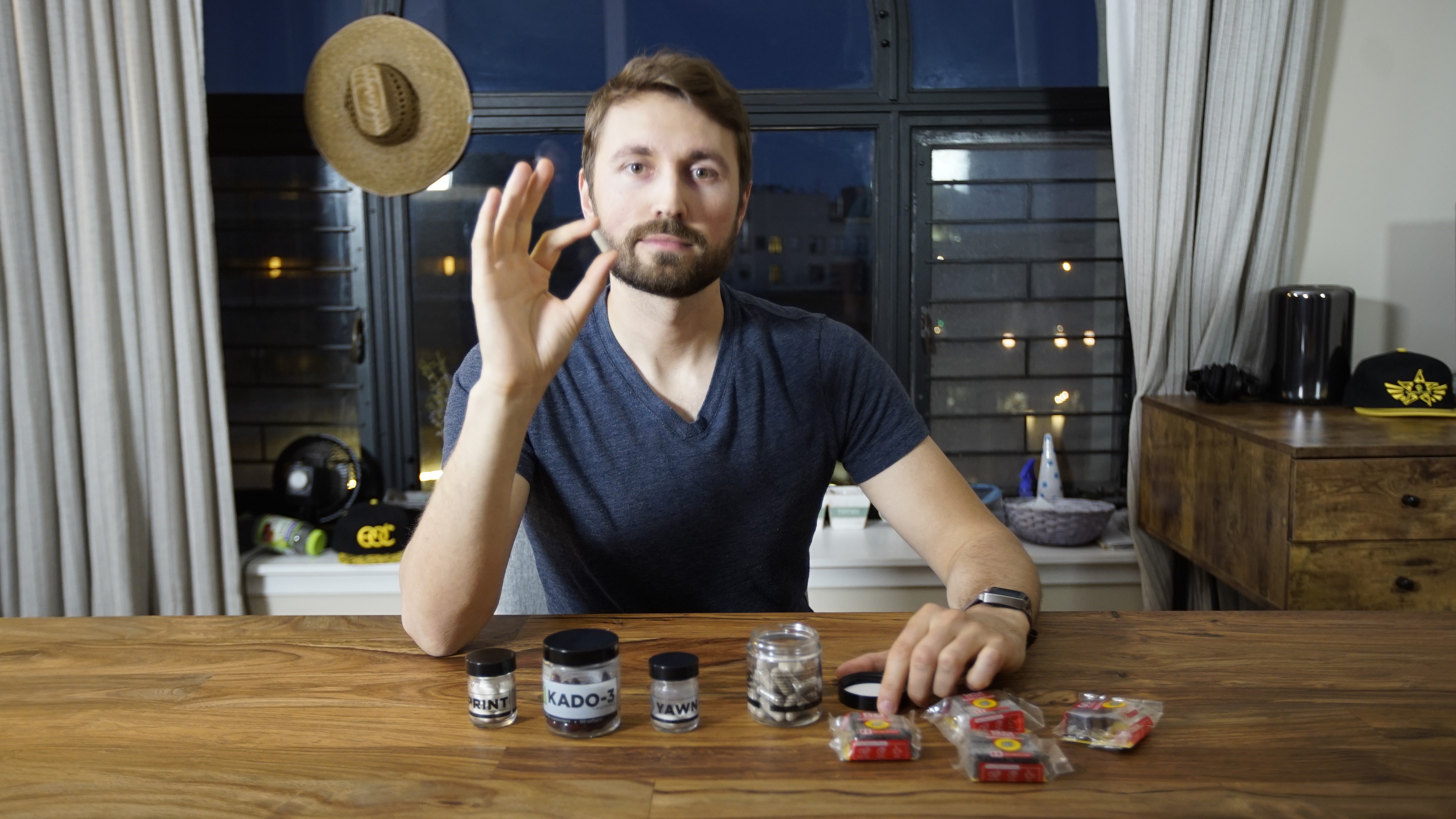Image: GoodFreePhotos.com
In what might be peak body hacking self-optimization fever, people have started combining nootropics, or "smart drugs," with genetic testing. Cue the Silicon Valley intro music.Nootropics are any number of vitamins, nutrients, and drugs that people combine into cocktails called "stacks" with the goal of improving their cognitive function, daily well-being, and long-term health. But now many users are taking it one step further by mining their genetic data for clues on how to improve their stacks.Here's how it works: a nootropic user gets their genome sequenced by 23andMe or a similar genetics company. They then take those results and plug them into Nutrahacker, Promethease, or one of the other free software options online that claim to analyse the genetic data and spit out supplement recommendations based on your DNA."It's only with those other tools that the 23andMe data actually becomes useful, so it's fairly new," said Mansal Denton, a nootropics blogger who started Nootropedia, an online compendium of nootropics resources.The idea of combining genetic testing with nootropics isn't new, but Denton explained it's become more mainstream recently. This is evidenced by the recent uptick in genetics-related posts on Reddit's nootropics sub.It's all part of the ongoing trend of hyper-personalized body hacks and self-quantification. We're in an era when we're able to quickly and cheaply collect reams of data about our own bodies at a level we would only have dreamed about a decade ago. And the more we learn about our bodies, the more many of us want to root out the bugs in the system and make our meatbags as efficient as possible.The trouble is that 23andMe can really only give you clues into how your DNA might impact your current metabolism or health."Insofar as it's plausible to identify DNA signals for metabolic variants, it makes a certain amount of sense," Nathaniel Comfort, a history of medicine professor at The Johns Hopkins University who blogs about hype and misconceptions in genetic research, told me over email. "If it saves someone money by telling them it's useless for them to use a particular supplement, for example, I see no harm in it. But lurking in the background, there's always this notion that your genome is you. This kind of pop science inevitably presumes more certainty than it can have, because environment, mood, diet, and the rest of your genome all affect these kinds of metabolic effects."But Denton told me these kinds of approaches aren't meant to be a cure-all, only another source of information to help nootropics users make a more informed decision. If they have the vitamin D deficiency "gene," for example, they might decide to get their vitamin D level tested. Denton said personalization and experimentation, with whatever tools they can get their hands on, has always been core to the nootropics community, and if they can glean some hints out of a 23andMe dossier, there are people who will want to do that."It's not perfect, but it just gives you some clues," he said.Get six of our favorite Motherboard stories every day by signing up for our newsletter .
Advertisement
The software looks for specific genetic variations in your DNA, which can predispose your to certain conditions. It then makes recommendations based on those variations.For example, there are a few common gene variants that contribute to the risk of vitamin D deficiency. If you have one or more of these variants, the programs might recommend you add a vitamin D supplement to your stack. Another example Denton cited is caffeine metabolism (caffeine is one of the most popular nootropic supplements)."Someone who is a slow metabolizer of caffeine might already realize more caffeine makes them more anxious," Denton told me. "But seeing in the data that there's a specific SNP associated with that and that it can increase their cardiovascular risk, that can help them make a more informed tradeoff."Got a tip? You can contact this reporter at kaleigh.rogers@vice.com
Advertisement

